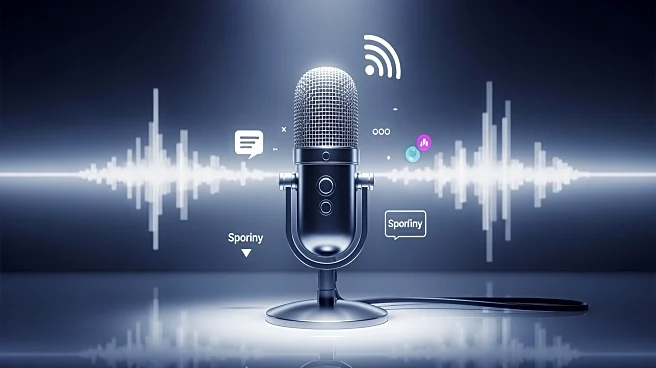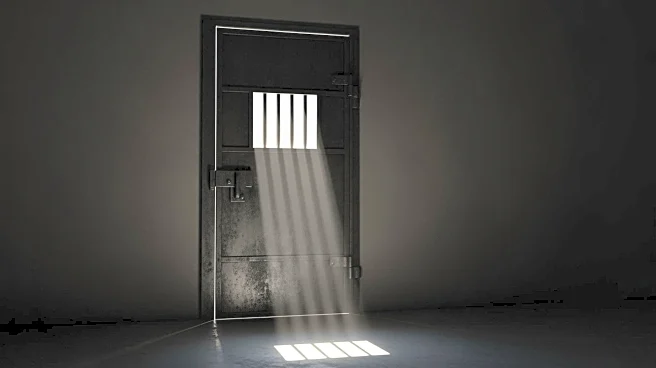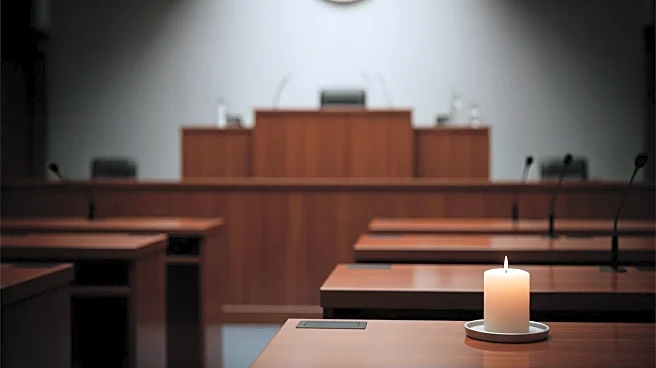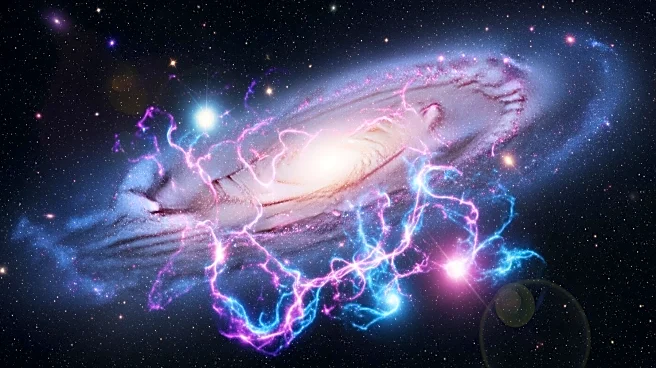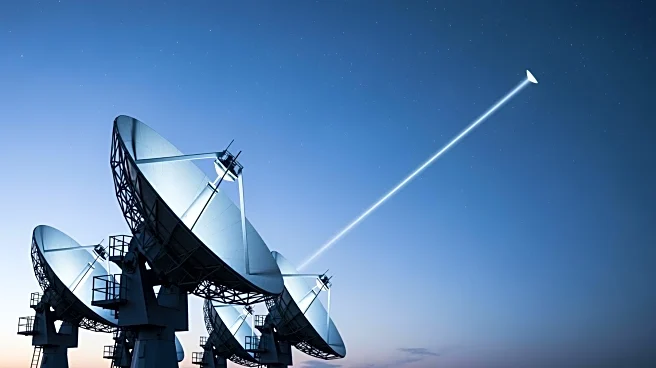What's Happening?
A lawsuit has been filed against Spotify by American rapper RBX, alleging that the music streaming platform profits from fraudulent streams of Drake's music. The lawsuit claims that Spotify overlooks billions
of fake streams each month, which artificially inflate user numbers and ad revenue. RBX, known for his work on Dr. Dre's 'The Chronic' and Snoop Dogg's 'Doggystyle,' argues that this practice harms other artists by depriving them of potential revenue. The lawsuit highlights Drake's account as a prime example, noting that he became the first artist to achieve 120 billion total streams on Spotify. It alleges that a significant portion of these streams, approximately 37 billion between January 2022 and September 2025, were inauthentic, driven by bot networks. RBX's legal team suggests that the streaming patterns of Drake's music, which show irregular upticks long after release, indicate fraudulent activity.
Why It's Important?
The lawsuit against Spotify raises significant concerns about the integrity of streaming data and its impact on the music industry. If RBX's claims are substantiated, it could reveal systemic issues within Spotify's platform that allow for the manipulation of streaming numbers. This could potentially lead to financial losses for artists who rely on accurate streaming data for revenue and exposure. The case also underscores the broader issue of digital fraud in the music industry, where fake streams can distort market dynamics and disadvantage smaller artists. A successful lawsuit could prompt Spotify and other streaming services to implement stricter measures to detect and prevent fraudulent activity, ensuring a fairer distribution of revenue among artists.
What's Next?
As the lawsuit progresses, Spotify may face increased scrutiny over its handling of streaming data and its measures to prevent fraudulent activity. The outcome of the case could set a precedent for how streaming platforms address similar allegations in the future. If RBX's claims are validated, Spotify might be compelled to compensate affected artists and revise its policies to enhance transparency and accountability. The case could also encourage other artists to come forward with similar grievances, potentially leading to further legal challenges against streaming services.
